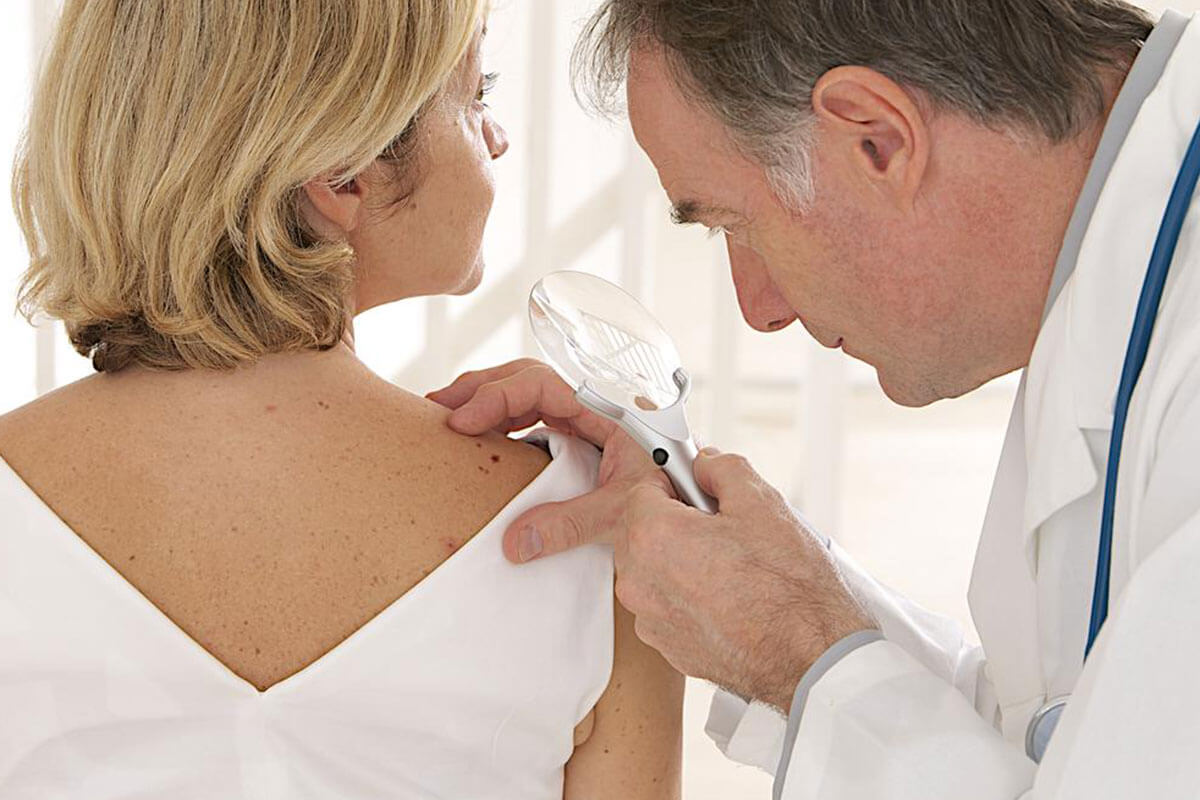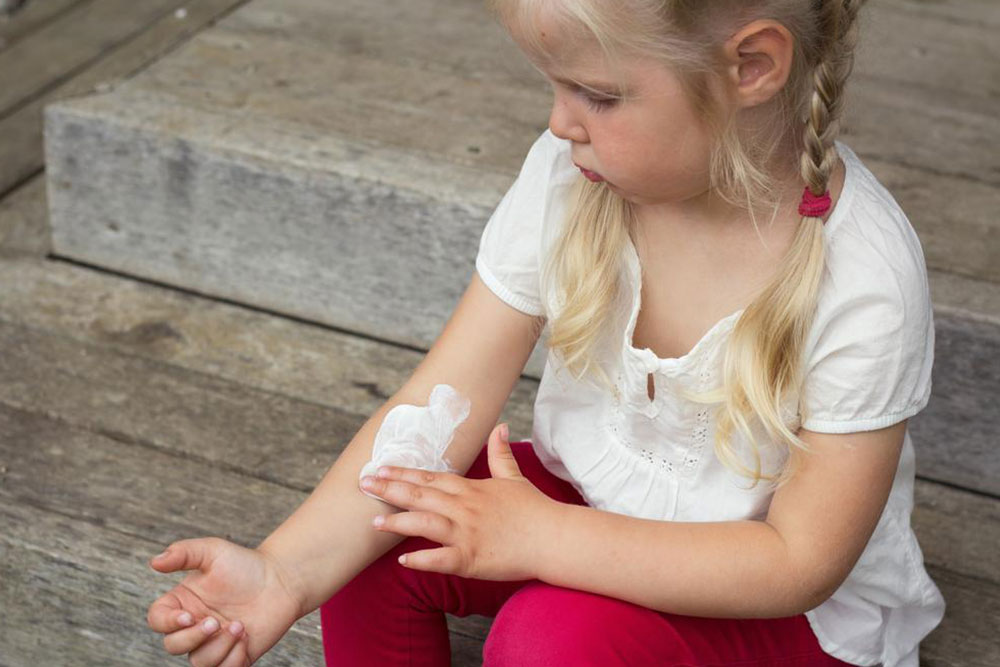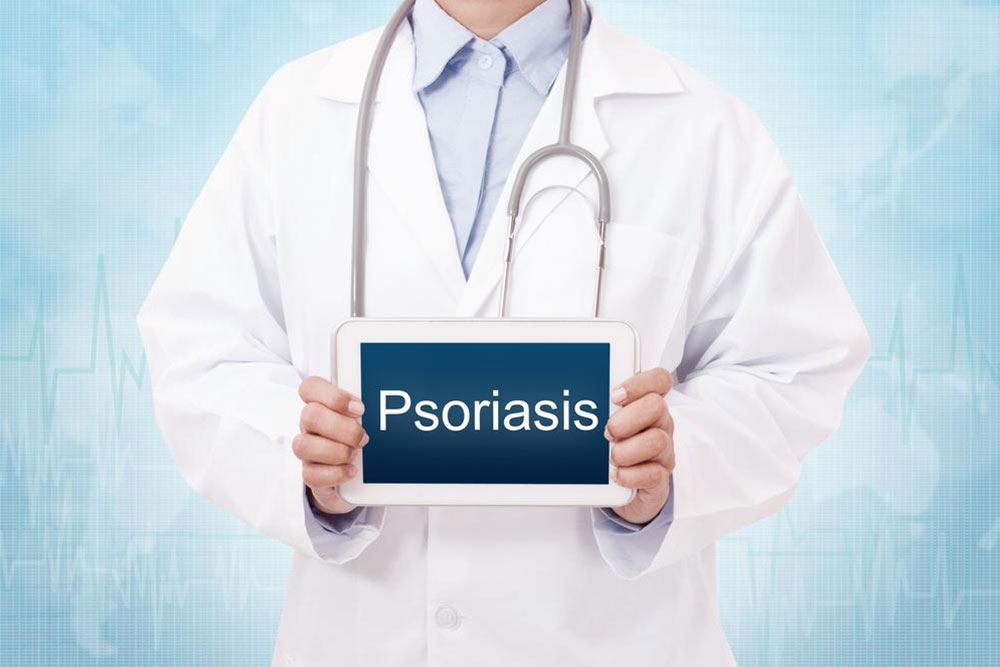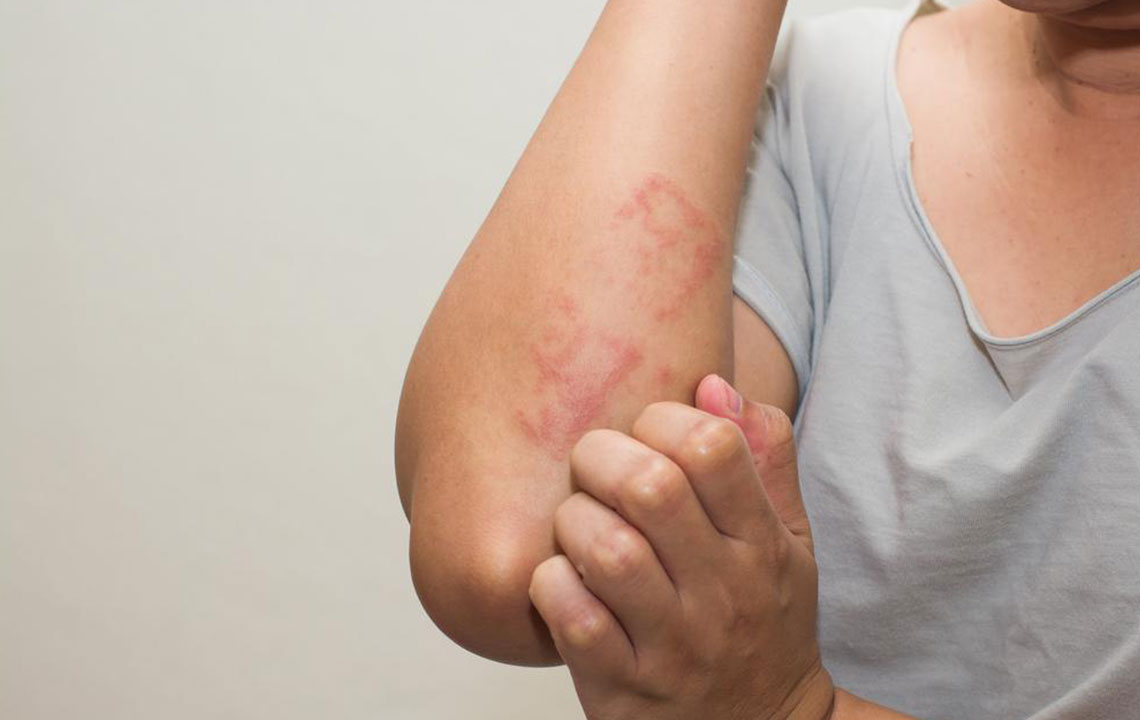Essential Tips to Prevent Psoriasis Flare-Ups and Stay Skin-Healthy
Learn essential strategies to prevent psoriasis flare-ups by identifying triggers like stress, injuries, infections, and lifestyle habits. Practical tips include skin protection, managing stress, and avoiding known aggravators. Proactively controlling these factors can help reduce the frequency and severity of outbreaks, improving your quality of life with psoriasis. Stay informed and take charge of your skin health effectively.

Essential Tips to Prevent Psoriasis Flare-Ups and Stay Skin-Healthy
Managing psoriasis can be challenging, but avoiding common triggers can significantly reduce flare-ups. Understanding what causes psoriasis outbreaks helps in taking proactive steps to keep your skin healthier.
Psoriasis is a chronic autoimmune skin disorder characterized by thick, scaly, and itchy patches. Symptoms include inflamed, silvery-scaled skin, cracked dry patches that may bleed, small scaling spots, thickened or ridged nails, and stiff, swollen joints. These patches can range from minor spots to widespread outbreaks.
While psoriasis is incurable, symptom management and prevention are crucial for comfort. Recognizing personal triggers helps minimize flare-ups. Although triggers vary among individuals, awareness allows you to avoid specific factors that lead to painful outbreaks.
Be cautious of these common causes of psoriasis activation:
Stress
Stress is a major factor that worsens psoriasis symptoms, creating a cycle where outbreaks increase stress levels. Incorporate stress-reducing activities like yoga, meditation, and breathing exercises into your routine. Maintaining a positive attitude, engaging with friends, and leading a healthy lifestyle can also help in managing stress effectively.
Skin Injuries
Minor wounds, scrapes, burns, or insect bites can trigger psoriasis lesions through the Koebner phenomenon. Protect your skin by wearing protective clothing in the garden, avoiding insect bites, limiting sun exposure, and being careful when shaving or trimming nails to prevent outbreaks.
Infections
Certain infections such as strep throat, yeast infections, or respiratory illnesses can provoke psoriasis flare-ups. Timely treatment of these infections can help prevent worsening symptoms and outbreaks.
Medications
Some medicines intended for other health issues can exacerbate psoriasis. These include lithium (used for psychiatric conditions), antimalarials like chloroquine and hydroxychloroquine, beta-blockers like propranolol, anti-inflammatory drugs like indomethacin, and heart medications like quinidine. Always inform your doctor about your psoriasis when consulting for other treatments to ensure safe medication choices.
Temperature Extremes
Drastic weather changes can trigger outbreaks. Cold, dry weather can dry out the skin, worsening psoriasis, while excessive heat can also cause flare-ups. Keep your skin well-moisturized using gentle products and avoid extreme temperatures to maintain skin health.
Alcohol and Smoking
Both alcohol consumption and smoking have been linked to increased psoriasis severity. Reducing or eliminating these habits can help manage symptoms and prevent flare-ups. Quitting smoking and limiting alcohol intake are beneficial steps toward healthier skin.
Note:
The information shared here aims to educate and guide readers based on research and expert advice. However, it should not replace professional medical consultation. Always seek personalized advice from your healthcare provider for psoriasis management, and stay updated on treatment options. We are not responsible for variations in individual responses or differences with other sources.










